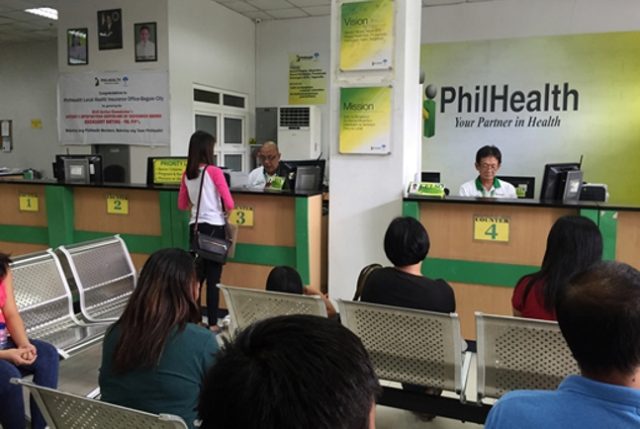The Private Hospitals Association of the Philippines (PHAP) is planning to apply for a temporary restraining order (TRO) before the Supreme Court against the recently signed law imposing stiffer penalties to hospitals and medical clinics that would demand deposits before treating emergency patients.
In an interview with radio dzRH on Monday, PHAP president Rustico Jimenez said their lawyers considered Republic Act 10932 as a class legislation unfair to hospitals and doctors.
“Our group had a meeting one week ago in Baguio City. We will try to apply for a TRO,” Jimenez said.
If they fail in acquiring a TRO, Jimenez said “Plan B” would be to push for the private hospitals sector to be represented at the Department of Health (DOH) when the Implementing Rules and Regulations of the law would be drafted.
President Rodrigo Duterte on August 3 signed into the Anti-Hospital Deposit Act (Batasan Pambansa 702) imposing higher fines and stiffer penalties to hospitals or medical clinics that refuse to treat emergency patients without coughing up prior deposits or down payment.
Jimenez feared that the strict implementation of the new law would further decrease the already low overall hospital bed utilization in the country: “If licenses are to be nullified, then who will be serving the patients? Where do you bring the patients?”
Jimenez also said incidents where hospitals refuse to treat patients are the exceptions rather then the rule.
He clarified that it was never the policy for private hospitals to deny patients treatment or medical service because of the deposits issue.
“There is no policy like that. Just treat the patient first and make his or her condition stable, then transfer if the situation call for it,” he said.
In most cases, hospitals may not accommodate a patient simply because it may not be adequately-equipped to provide the right treatment, so they might opt to transfer him or her instead, to another medical facility, Jimenez explained.
Under the Hippocratic oath, doctors are obliged to treat the patient before the transfer to another hospital.
Some private hospitals are also having to make ends meet by incurring loans to bridge the cost of salaries for their workers due to delayed payment or remittances of billings charged against the Philippine Health Insurance Corporation (PhilHealth), according to Jimenez.
Also, they are left with thousands of unconsummated promissory notes from patients after being treated.
Jimenez said his 50-bed hospital deals with about PhP10 million to P15 million in promissory notes in a year.
He called on the government to focus instead on improving the quality of service in state hospitals and on pushing for PhilHealth to pay hospitals on time.
“They should have studied the law, not add another one. They should have improved government hospitals,” he said.




